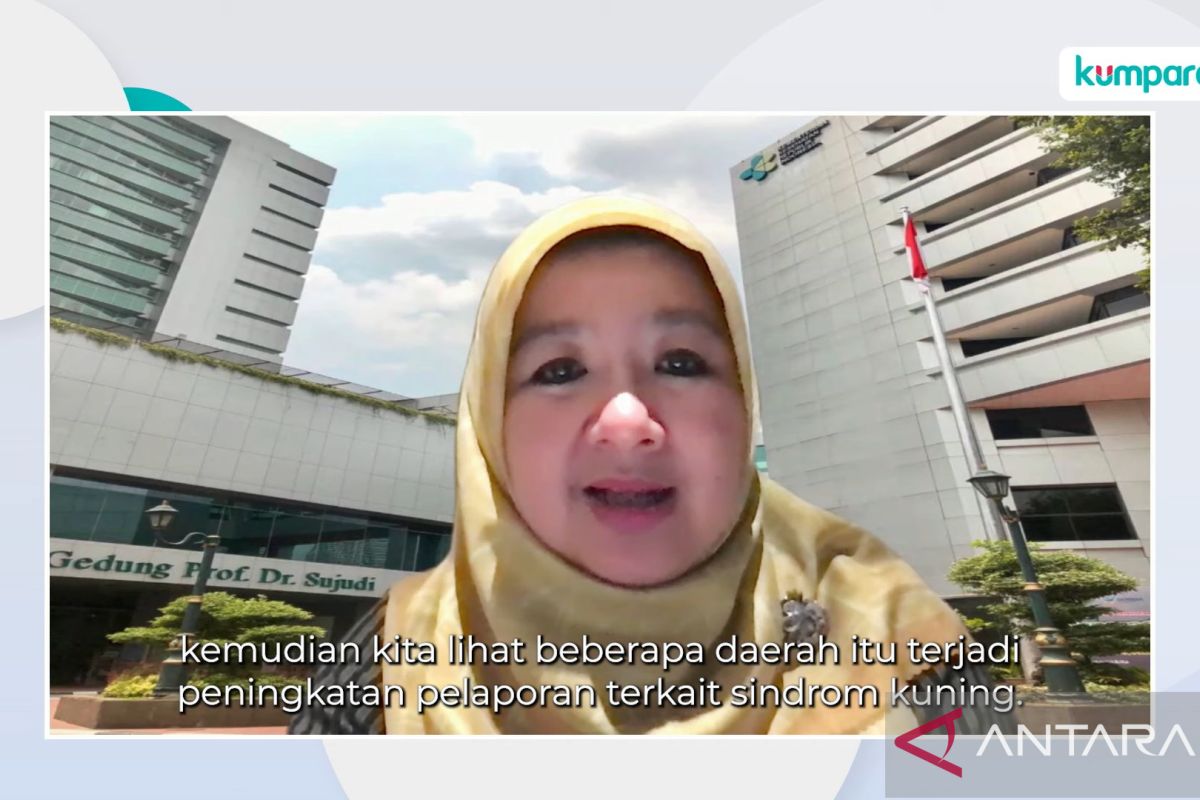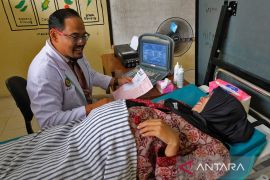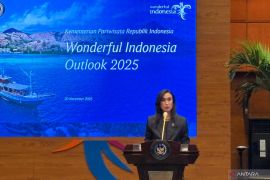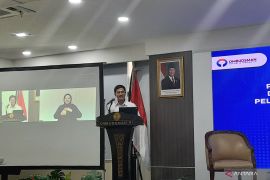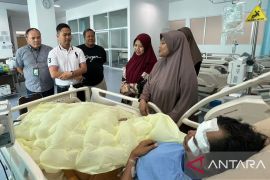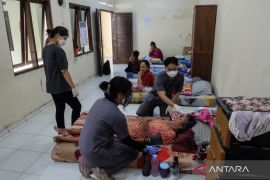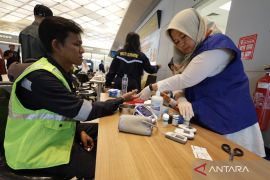“The region that reported the most cases is Jakarta. Maybe that is because Jakarta has the best detection,” Tarmizi stated during a webinar titled “Protect Children from Acute Hepatitis” that was accessed here on Friday.
Tarmizi pointed out that Indonesia has 18 suspect cases of acute hepatitis. In detail, nine cases were classified as pending based on the World Health Organization's (WHO's) criteria, and the examination was almost completed, seven cases were confirmed as not acute hepatitis, and the other two suspect cases are still under investigation.
Of the 18 suspect cases of acute hepatitis, two-thirds of the cases are from Jakarta, and the rest are from West Sumatra, East Java, Bangka Belitung, and East Kalimantan. All the suspects were confirmed to not be suffering from hepatitis A, B, C, or D.
Moreover, of the seven deaths reported, two are declared to not have died due to acute hepatitis.
Related news: School canteens banned from opening to tackle acute hepatitis
Tarmizi remarked that both the main cause and development of acute hepatitis still had to be studied. Moreover, WHO categorized the disease as probable because it is not yet known what type of virus is the cause of the mysterious disease.
"There is also a suspicion of viral hepatitis or Adenovirus that mutates like that. Thus, we only know the most possibility so far that hepatitis is mostly transmitted through the fecal-oral (route) through food," she remarked.
To this end, she appealed to everyone to implement health protocols and lead a clean lifestyle, such as by regularly washing hands, eating cooked food, and drinking clean water.
In addition, people are urged always to wear masks, as it is suspected that transmission can occur through the air or via droplets.
Every family must also provide stronger protection, especially for children, who are under one year of age and have not been able to get the hepatitis or COVID-19 vaccines.
Parents are expected to conduct early detection if their children experience symptoms of acute hepatitis, such as diarrhea, abdominal pain, yellow eyes, brown urine, and pale stools.
Related news: Nine cases of acute hepatitis classified as pending: Health Ministry
Related news: Ministry should issue circular on hepatitis prevention at schools
Translator: Hreeloita Dharma, Raka Adji
Editor: Suharto
Copyright © ANTARA 2022
